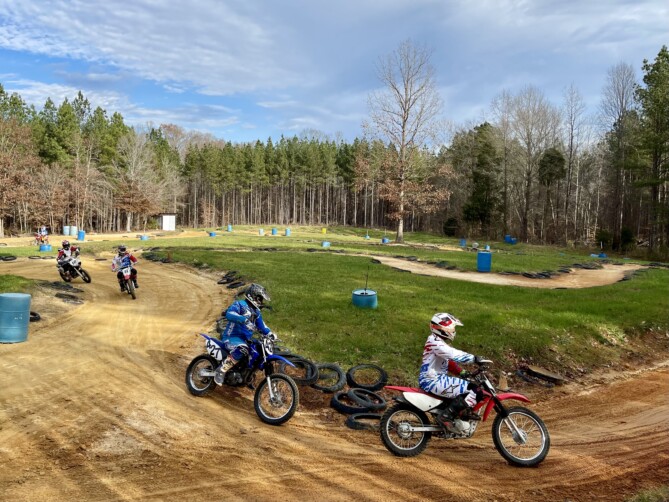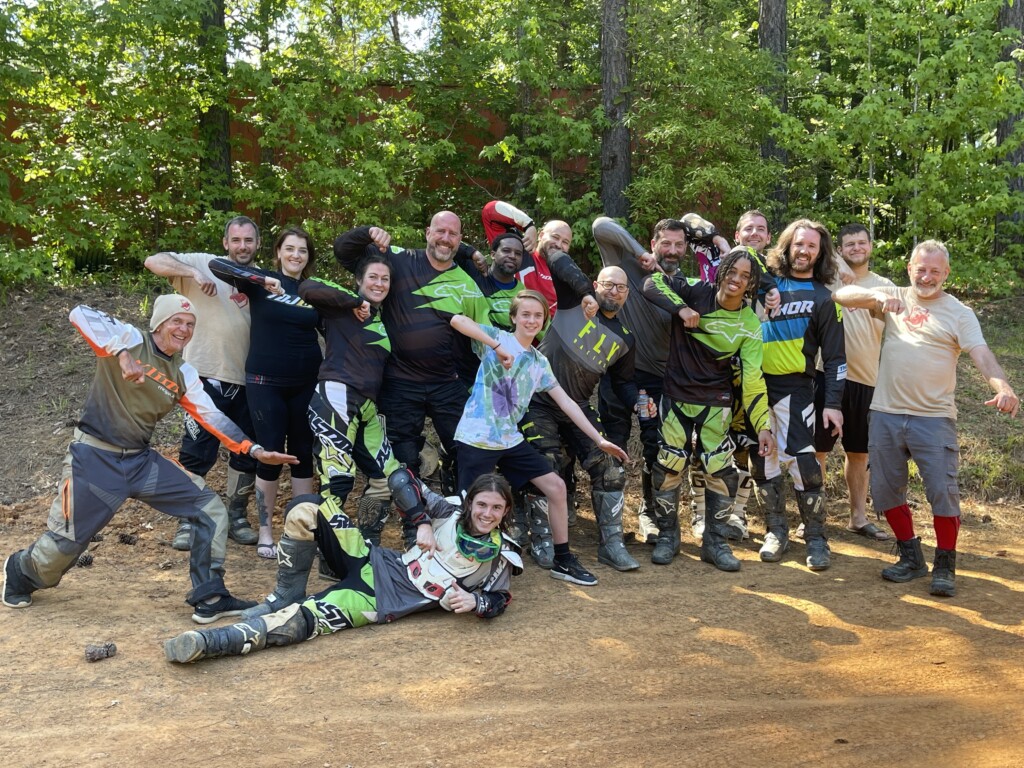~ By Tami Bakke
One of the most thrilling parts of track day riding and road racing is the adrenaline rush that comes from traveling at felonious speeds without the threat of a traffic ticket or a night in jail. The exhilaration of high-speed cornering takes on a deeper level as the tires approach the limits of traction – the zone where the rider’s reaction to a skip or skid could mean a spectacular save, an unscheduled dismount, or a premature end to the riding day.
What if there was a way to experience cornering at the limits of traction in an environment where the risks of damage to bike and body are reduced? In a recent conversation with BMW MOA member and road racing enthusiast, David An, we learned of his experience at Cornerspin – Road Racing in the Dirt, which offers a unique approach to skills development for road and track riders.
It is through the Cornerspin program, led by chief instructor, Aaron Stevenson, that David has been able to approach the limits of traction, feel the rush, and learn to complete the curve when faced with a skip or skid of a tire.

The uniqueness of the Cornerspin program is in the environment and the equipment – the class is conducted with small displacement motorcycles on a dirt surface. This allows the rider to learn about handling limited traction at much lower speeds than would be required for a similar experience on tarmac, which in turn helps the rider to gain proper muscle memory without the associated anxiety of a high-speed dismount.
As students meet the limits of traction in a corner, they use immediate professional feedback from the trackside coaches to understand and manage the feedback they get from the motorcycle by making micro-adjustments to their riding. If the rider loses traction completely and slides off the track, the coaches are there to help them analyze the cause and learn from the mistake.
David reports that the reason he keeps returning to Cornerspin – he’s a four-time veteran – is that each experience brings him closer to learning how to connect to the bike, feel the feedback, and confidently respond to what the motorcycle is telling him through the movement of the chassis. This allows him not only to ride better on the track, but to navigate more safely and confidently on the road as well.
David is one of thousands of riders that are building their riding proficiency through regular professional coaching and with support from training rebates made possible by generous donations to the Motorcycle Owners of America Foundation. Members of the BMW MOA can receive up to $200 in training rebates from the MOA Foundation each year when they participate in professional motorcycle training. To learn more, visit bmwmoaf.org/rider-training/.


